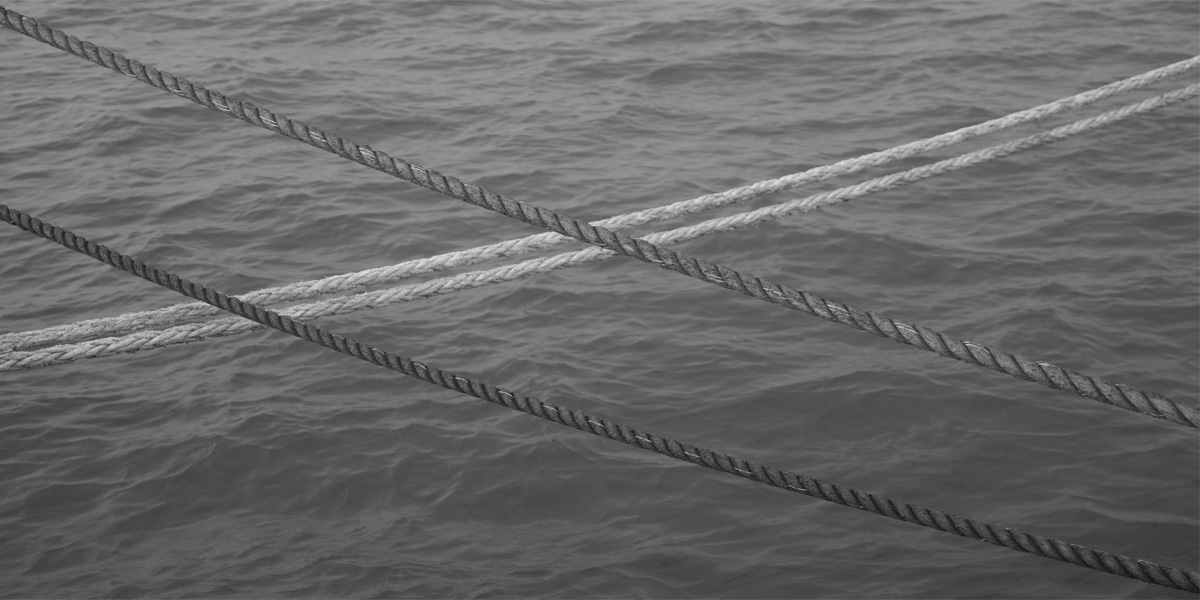Britain shouldn’t turn its back on Mare Nostrum
The government recently declared that the UK will no longer take part in rescue missions to save those who have taken a perilous journey in the hopes of seeking asylum overseas. These rescue missions, known as Mare Nostrum, have saved...
The government recently declared that the UK will no longer take part in rescue missions to save those who have taken a perilous journey in the hopes of seeking asylum overseas. These rescue missions, known as Mare Nostrum, have saved a great many lives. Yet, now that the scheme’s initial term is coming to an end, the major question that remains is whose responsibility is it?
It is claimed that without the safety net of possible rescue by Mare Nostrum, people will be discouraged to undertake these journeys. Presumably the expectation is that the fear of drowning will outweigh the fear of violent war, religious persecution and the many other reasons people flee their homes. Reality has shown that for many people, this is not the case.
Indeed, without Mare Nostrum, it seems likely that death tolls from such journeys will soon rise. A recent UNHCR report explains that over 140,000 immigrants have arrived by sea to Italy alone and the majority of these have been rescued by the Italian navy operating as part of Mare Nostrum. Approximately 165,000 have arrived to the Mediterranean on boats this year. The Italian navy has announced that, having been given no definite order to stand down, they will continue with Mare Nostrum. But this puts further pressure on an already strained Italian exchequer; they badly need international support.
A recent report from the International Organisation for Migration estimates that around 3,074 immigrants have died on the Mediterranean Sea so far this year. Information on these people is often scant, bodies are rarely found and for their families they just disappear.
This is not a problem that Britain should turn their back on. To withdraw support will allow further disasters such as the drownings that occurred off the coast of Lampedusa last year. War, persecution and suffering only intensifies when the international community turns away. This is evident in many cases from Rwanda in 1994 to the current violence in the Democratic Republic of Congo.
Many of these cases also show the futility of leaving a single country to work alone; this can be seen in the case of Operation Sangaris, the French mission in the Central African Republic which took its name from a breed of butterfly with a short life span. Unlike said butterfly, the mission has had to increase their presence and remain in CAR much longer than anticipated. To leave Italy to shoulder the responsibility of Mare Nostrum could allow further disasters.
With the significant loss of life involved, this crisis seems to fall most neatly in the UN’s remit of organising humanitarian aid. The UN has recently expressed concern regarding the possibility of the EU scaling down rescue missions, and it is clear that it should take control of a Mare Nostrum-style operation as soon as possible. The UN is far fitter to deal with this issue, while the EU traditionally has focused on border control and returning illegal immigrants to their point of origin.
Moreover, the UN is uniquely placed to co-ordinate and pool funding from within its 193 member states. They are currently assisting refugees all over the world and have instituted an excellent resettlement and humanitarian admission programs to assist those fleeing war torn countries and settling them in a wide array of countries from Canada to Liechtenstein.
Collaborating on rescue missions through the UN would give the British government the ability to choose an appropriate level of commitment without tying them to providing a level of assistance that it feels is untenable. From a political perspective, it would also detach the issue from the European Union – important at a time when to many voters, the EU signifies a large bill and the Eurosceptic party UKIP is gaining mass support.
The Italian state is already straining under pressure from the results of Dublin II, which suggests that point of entry is one of the main criteria for deciding which EU member state is responsible for determining refugee status. This regulation has resulted in countries along the Mediterranean Sea taking the majority of asylum seekers from the North Africa region. It is an unfair burden determined not by the country’s financial capability or infrastructure but geographical proximity.
To avoid the tremendous and devastating human cost of ignoring the refugee crisis in countries bordering the Mediterranean Sea, it is vital that Britain and the international community continues its support for rescue missions through the UN.
